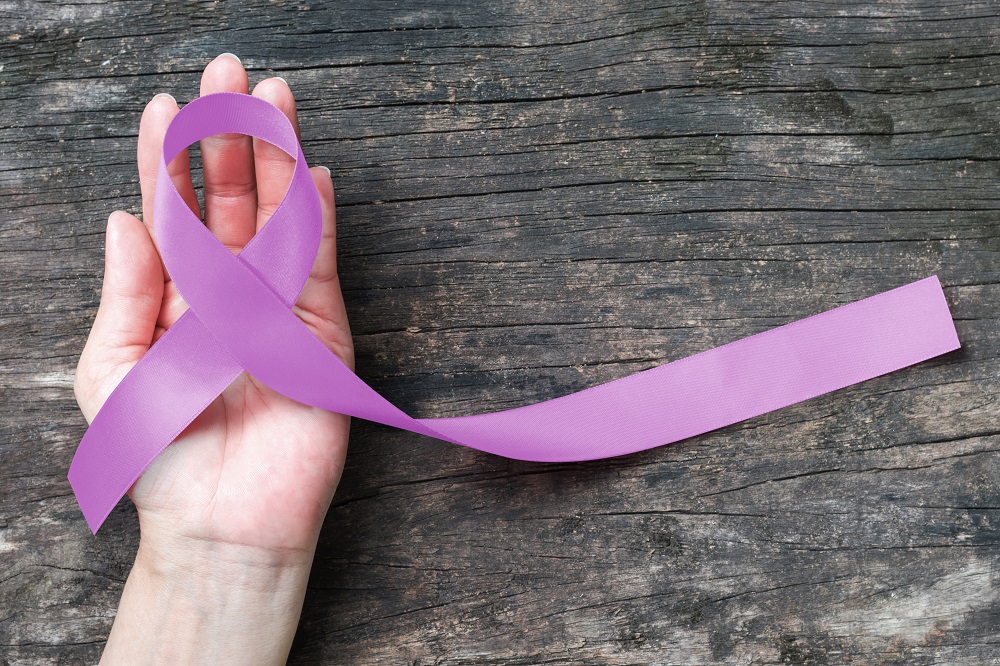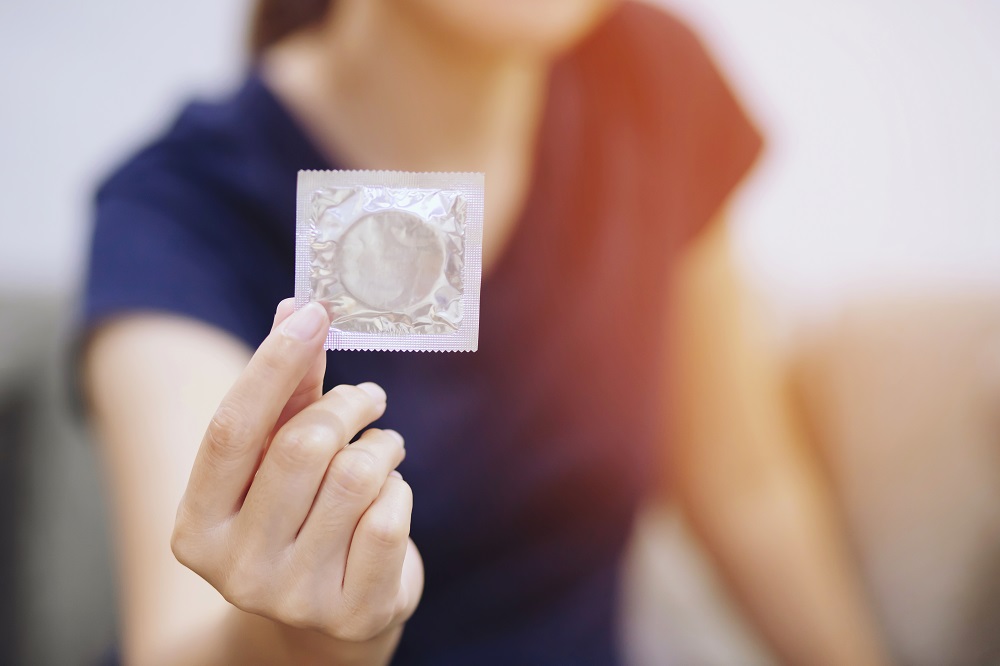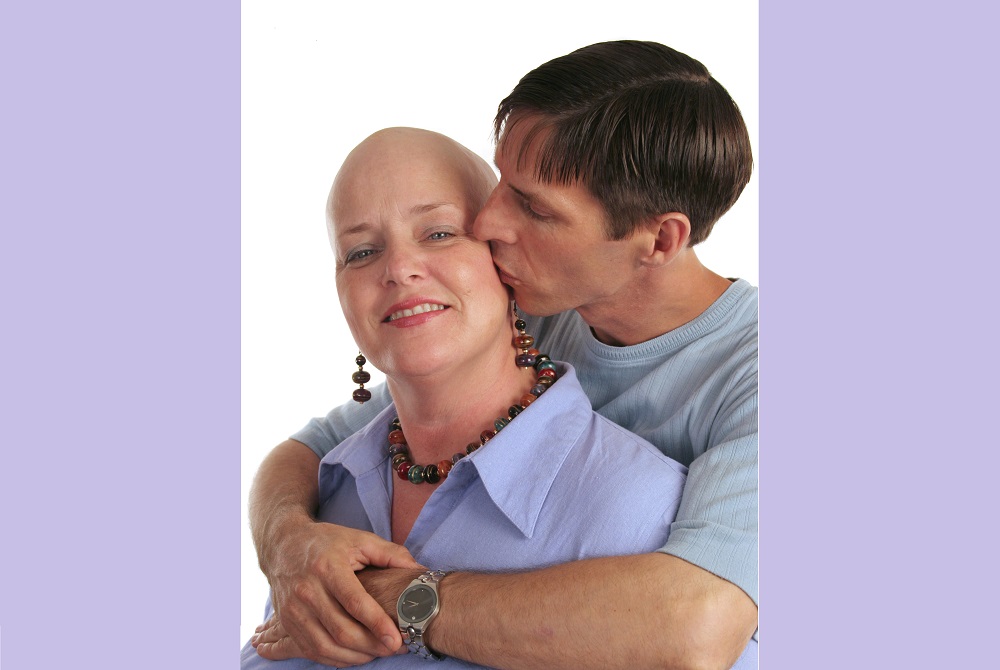In most cases, when someone is battling cancer, they are in fight mode. This is usually not a time that feels warm and fuzzy, and often sexual activities fall to the wayside. But what about after? How do you know when its okay to re-start having sex after cancer treatments?
First of all, ask your doctor. It can be a little scary to bring up the subject, even when the location of cancer seems an obvious connection. Make sure that your doctor agrees that your body is in a stage of recovery that can manage sexual activity.

Expect there it be changes
Once you have the okay, from the doctor managing your cancer treatments, then you can test that waters. If you are feeling shy about changes in your body, work on getting comfortable with yourself before introducing another person. Check yourself in the mirror. Discover where you have changes in sensation on your skin. Where do things still feel good? Can you get an erection (penis or clitoris)? Do you have any pain? Can you have an orgasm? How are things different than before?
Your own feelings about body image, self-esteem, and your beliefs about sex and sexuality may be something you have to address. Things might not work or look like they used to. But that doesn’t mean that they don’t work.
Consider your motives
It is a good idea to think about your goals for wanting to have sex. People have sex for a lot of different reasons. Knowing your own reasons will help you decide how to adjust when modifications are necessary.
Do you want to feel closeness with a partner? Are you trying to express love and affection? Do you need to feel a release of stress or energy? Are you trying to regain a sense of self? These are all good reasons to have sex. When challenges arise, the way each of these these would be approached might look very different.
Be willing to adapt
So, things are going to be different. How different? For how long? The answer is…that it is different for everyone. It depends on so many factors that there is no way to really say. Focus on what you have TODAY. Focus on the pleasure.
This is not a “No Pain, No Gain” kind of experience. Let that be a guide. If it hurts, it’s probably not a good idea. But don’t stop at that. Why does it hurt? Is there restriction? Scar tissue? Lack of wetness? It is possible to address these issues with gentle stretching, massage, or add lubrication to slowly work toward the experience you want.

Using devices to help erection is good for immediate ability to penetrate, and also to keep blood circulating in the tissue and reduce the chances of scarring and adhesion. Devices that increase stimulation, such as vibration, are also helpful when sensation is diminished due to surgery, or medications.
Try new positions. Treatments and surgeries will affect flexibility and some of the old tried and true positions may no longer be comfortable. Try new situations and positions. There are many books available with suggestions, if you aren’t sure.
I cannot say enough about lubrication. Chemotherapy and medications tend to affect lubrication production. After cancer treatments or surgeries, tissue is often more fragile and easier to tear or be painful with friction. The right lubrication can make all the difference! A high grade silicone lubricant is long lasting and has great glide, for wonderful sensation. It is safe for all areas of the body, and for vaginal and anal penetration. Do Not use silicone lubricant if you are using a silicone toy or appliance. The toy and the lube can react and create a new substance on the surface of your toy, which may not be body safe. (For more information about lubricants- click here)
Safety with a partner
It is important to discuss expectations and limitations before trying sexual activities with someone else. Partners may not realize that what felt wonderful before, doesn’t feel the same today. A gentle approach is best, with frequent checking in with each other. Communication is key.
Chemotherapy is a systemic treatment, and circulates throughout the body. Semen and vaginal secretions in patients taking chemotherapy will contain chemo medications.
Treatments that attack cancer can also attack normal tissue and compromise a person’s immunity systems. Mucosal linings in the mouth, vagina and anus become more vulnerable to bacteria and infection during and after cancer treatments.
During and soon after receiving cancer treatments is not a good time to have a baby. Chemo has been shown to cause changes in a developing fetus. Some treatments and surgeries will make conception difficult or even not possible. The best time to discuss your options is to talk with your doctor before your treatments begin.
Condoms and dental dams are good protection from transferring unwanted bacteria, or body fluids. Using a condom is highly recommended for the safety of both partners.

Getting ready
Resuming sex after cancer treatments is an important step in regaining your life. And can be part of a wonderful new life, if you take the right attitude, and follow some reasonable steps. Even though things may be different, you can still have a fulfilling life with an open mind and some persistence.
I am a Pelvic floor physical therapist. I work with men and women that are recovering from cancer and cancer treatments to have their best life. I have an outpatient clinic in Winston Salem, North Carolina, and provide in-person and telehealth treatments. Relief Is Possible.


